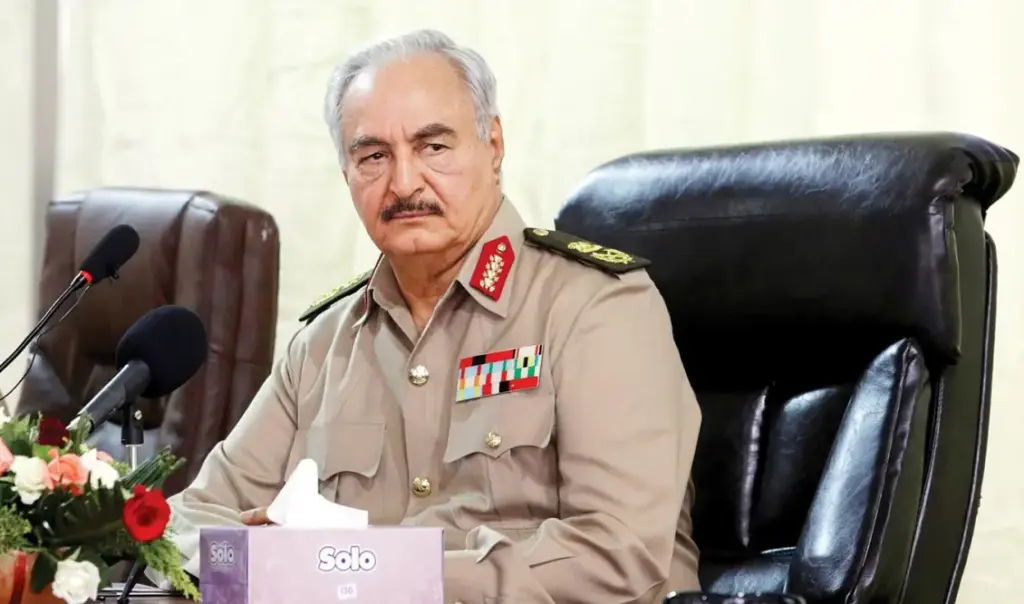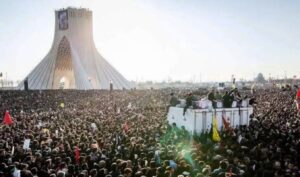A significant geopolitical shift is taking shape in Libya, as warlord Haftar appears ready to support the Turkish-Libyan memorandum signed by Ankara in 2019. According to exclusive information from Bloomberg, the Eastern Libya parliament is preparing to approve energy exploration by Turkey in disputed Mediterranean maritime areas.
Historic shift in Benghazi-Ankara relations
The House of Representatives of Eastern Libya plans to proceed with a crucial vote in the coming weeks. This decision concerns the ratification of the Turkish-Libyan memorandum, which defines the terms of energy cooperation between the two countries.
Haftar, who traditionally opposed the agreement, now appears to be reconsidering his stance. This change stems from systematic diplomatic efforts by Ankara to build communication bridges with Benghazi authorities.
Divided Libya seeks new balances
The North African country, despite its status as an OPEC member, remains deeply divided by devastating civil war. The Tripoli government maintains strong ties with Turkey and has already endorsed the cooperation memorandum.
In contrast, Benghazi’s administration under Haftar was until recently the main opponent of the agreement. If the new stance is confirmed, Turkish vessels will be able to conduct drilling and seismic studies in strategic areas between Crete and Turkey.
From conflict to cooperation
Today’s approach represents a radical change after years of hostilities. Turkey had provided decisive military support to the Tripoli government, which Haftar unsuccessfully attempted to overthrow with assistance from allies including the United Arab Emirates, Egypt, and Russia.
The prolonged siege of the capital during 2019-2020 was one of the bloodiest periods of the Libyan civil war. A peace initiative under UN supervision followed, which appointed Abdul Hamid Dbeibah as prime minister, though it failed to achieve complete national reconciliation.
Concrete steps toward rapprochement
Haftar’s reversal is the result of methodical diplomatic work by Turkey. According to Turkish government sources, a characteristic example of improving relations is the unprecedented visit of the Turkish corvette TCG Kinaliada to Benghazi.
Meanwhile, Ankara is considering sending military trainers and advisors to the region. Last April, Saddam Haftar, the warlord’s son, held an official meeting in Ankara with the Turkish Defense Minister and army chief.
Economic prospects and business interests
Beyond energy objectives, Turkey seeks to restore significant business contracts worth billions of dollars. These projects were suspended due to conflicts that erupted after Muammar Gaddafi’s fall in 2011. Direct air connections to Benghazi have already been inaugurated, while Turkish construction companies are actively participating in reconstruction projects and industrial production in eastern Libya.
According to a Libyan government official, there is now broad consensus among Eastern Libya authorities that cooperation with Turkey can yield substantial benefits, attracting investments and strengthening the local economy.
International reactions and geopolitical implications
Discussion about the Turkish-Libyan memorandum is not limited to Libya’s borders. Greece announced an international tender in May for energy exploration south of Crete, in maritime zones that Libya considers within its own jurisdiction.
This development has further intensified diplomatic tensions in the region. The European Union has taken a categorical position, declaring that the Turkish-Libyan memorandum violates sovereign rights of third states and does not comply with the UN Convention on the Law of the Sea.
The potential approval of the memorandum by Haftar may intensify confrontations with Greece and Cyprus, while simultaneously reshaping geopolitical balances in the Eastern Mediterranean.




